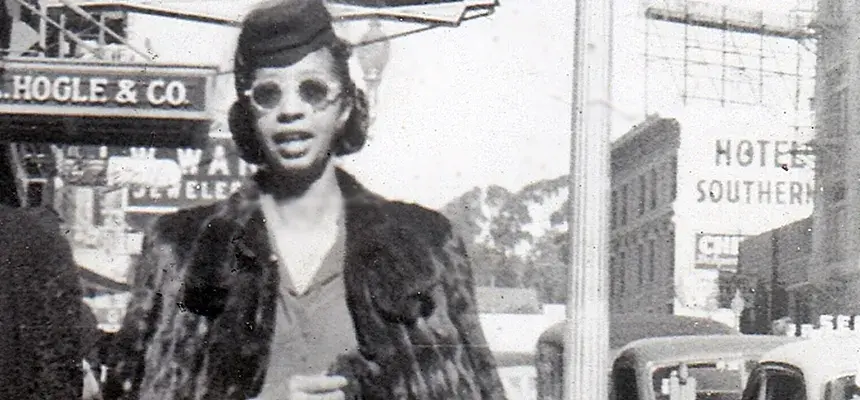
The Dorothy R. Crockett Classroom
On September 10, 2019, RWU Law dedicated a classroom to Dorothy R. Crockett, a Black woman from Providence who became, in 1932, the 7th woman ever admitted to the Rhode Island Bar.
The dedication ceremony featured a powerful keynote by 1st the Honorable Ojetta Rogeriee Thompson of the 1st U.S. Circuit Court of Appeals (who this July became an RWU Law Board member), as well as remarks from Crockett’s daughter Dianne Bartleson, who traveled from Arizona to attend the event.
“It’s hard to imagine the strength, determination, and courage that made Dorothy R. Crockett tick,” noted Providence Journal reporter Katie Mulvaney, herself a student in RWU Law’s Master of Studies in Law program. “In 1932, she joined the Rhode Island bar, despite attending law school amid the Great Depression, despite being a woman, and despite being a woman of color at a time when racism reigned rife in America.”
Led by reference librarian Nicole Dyszlewski, a team of RWU Law librarians discovered Crockett’s legacy while researching the first female lawyers in Rhode Island. They scoured judicial archives and newspaper clips to piece together Crockett’s story.
Judge Thompson, who became the second African American woman to join the Rhode Island bar 1976, said she heard long ago that there had been one other Black woman who led the way before her, but no one seemed to remember any details. “I am grateful to the law school for finally getting the answer to who that wonderful, dynamic woman was; who was a pioneer and upon whose shoulders I stand,” she said. “I am forever grateful.”
